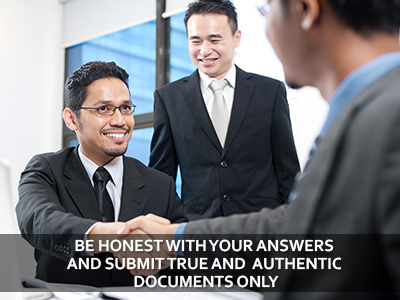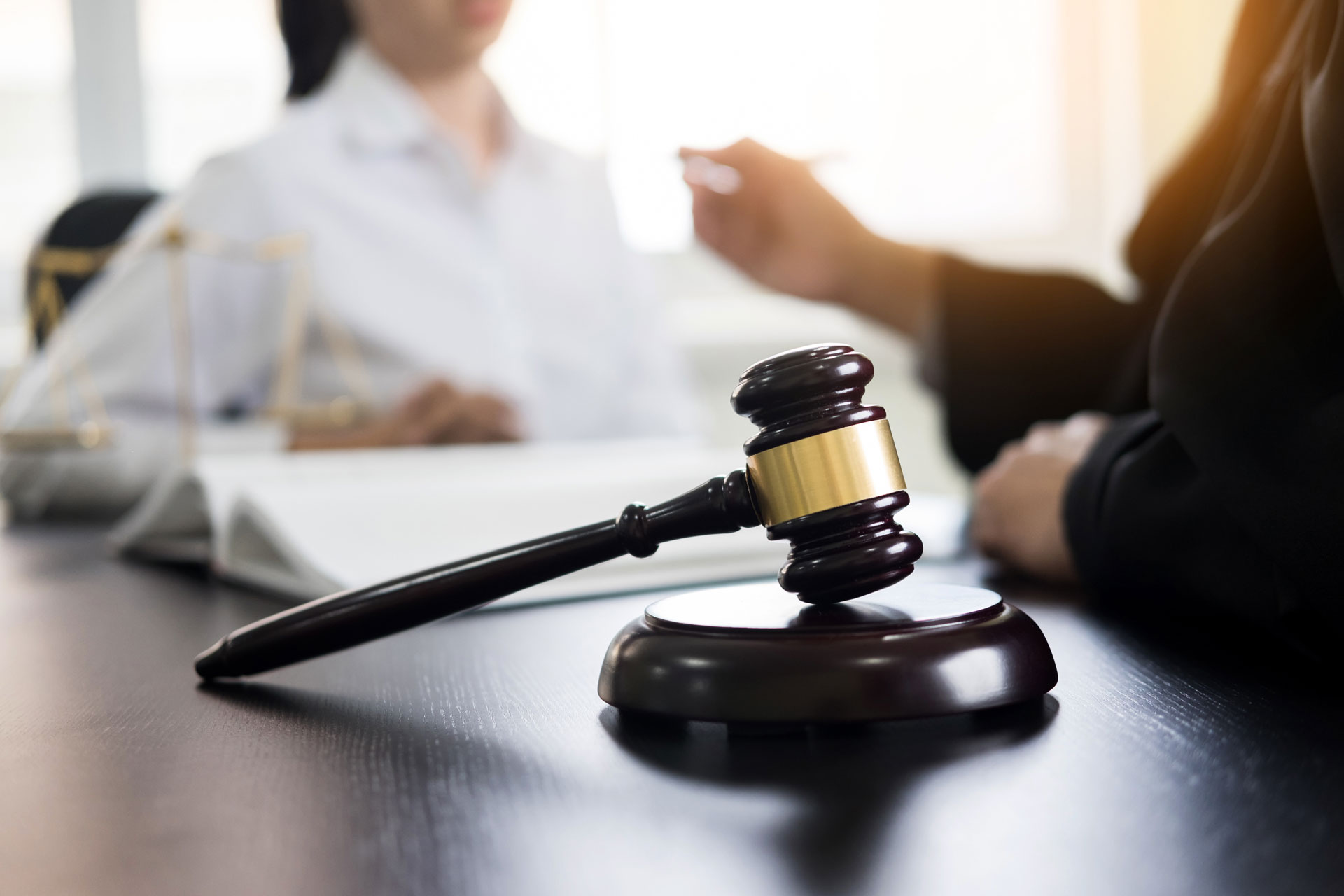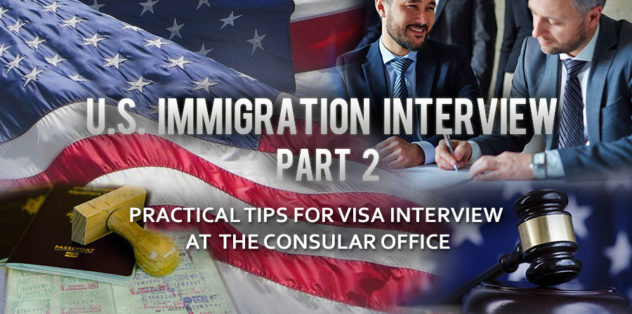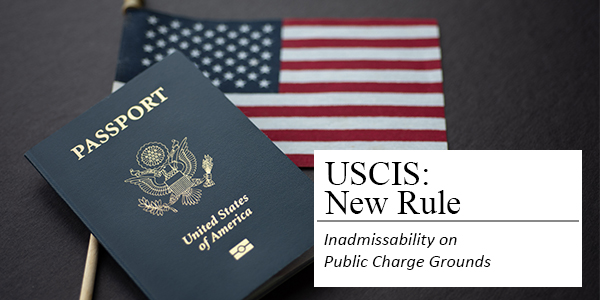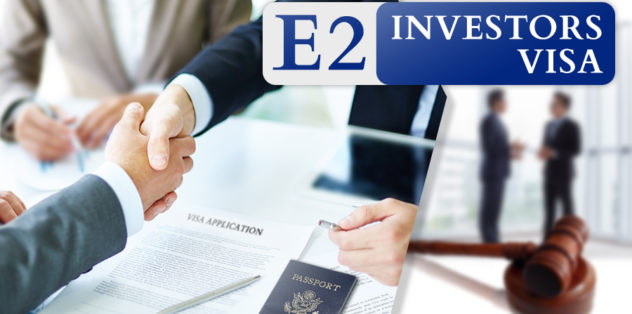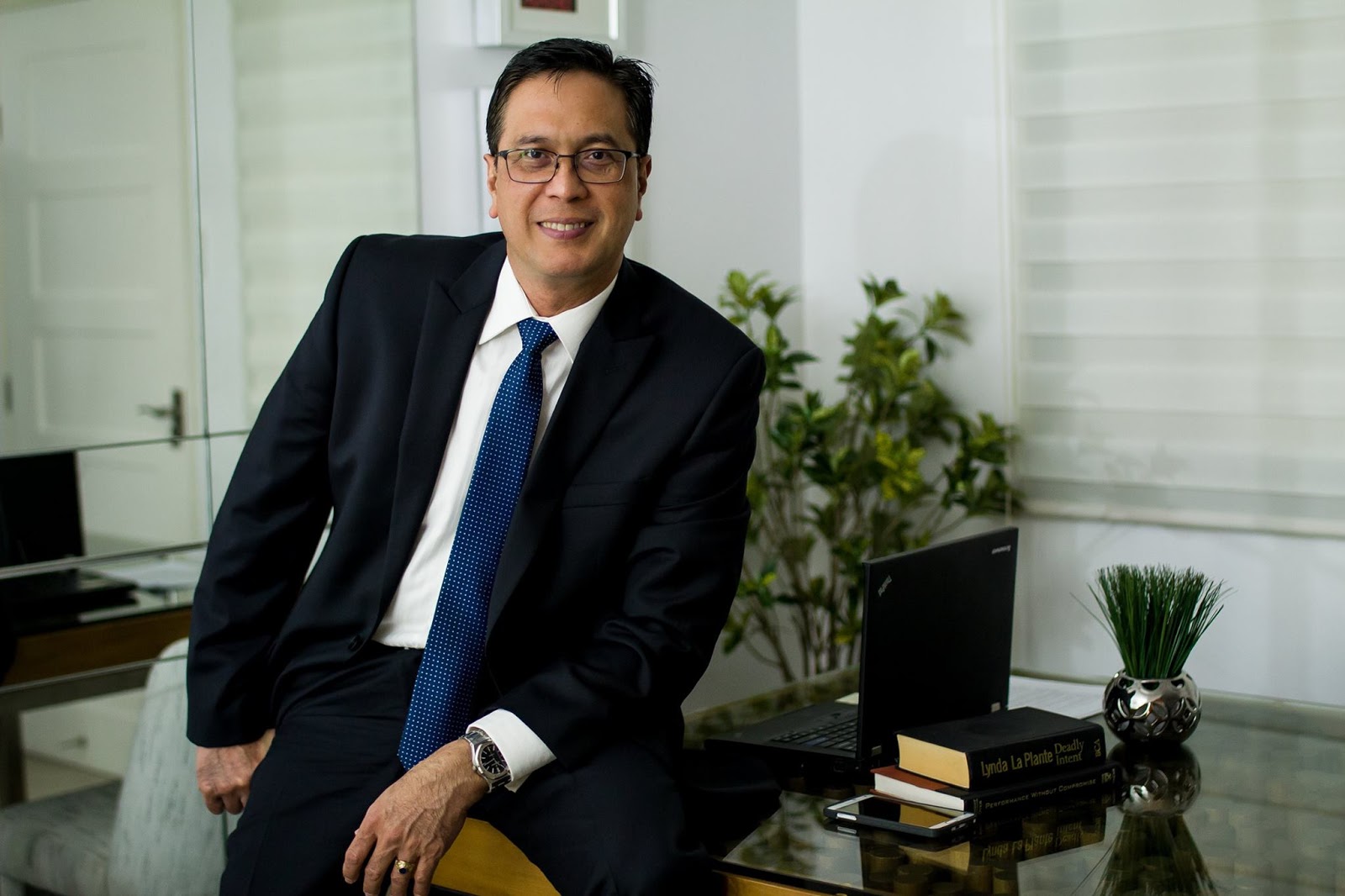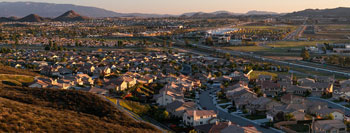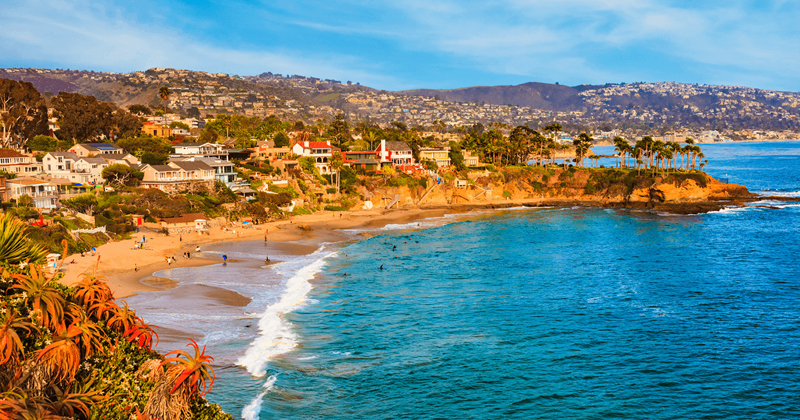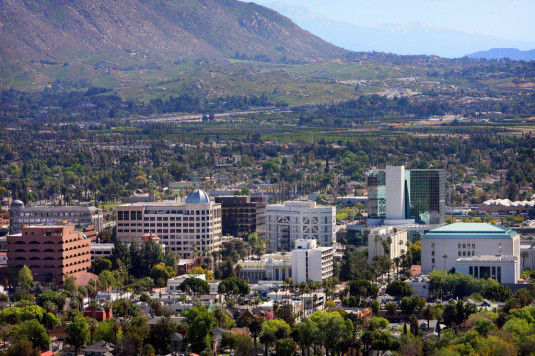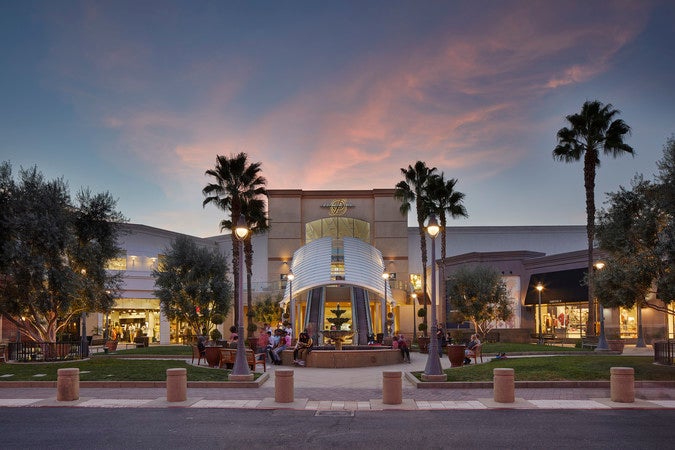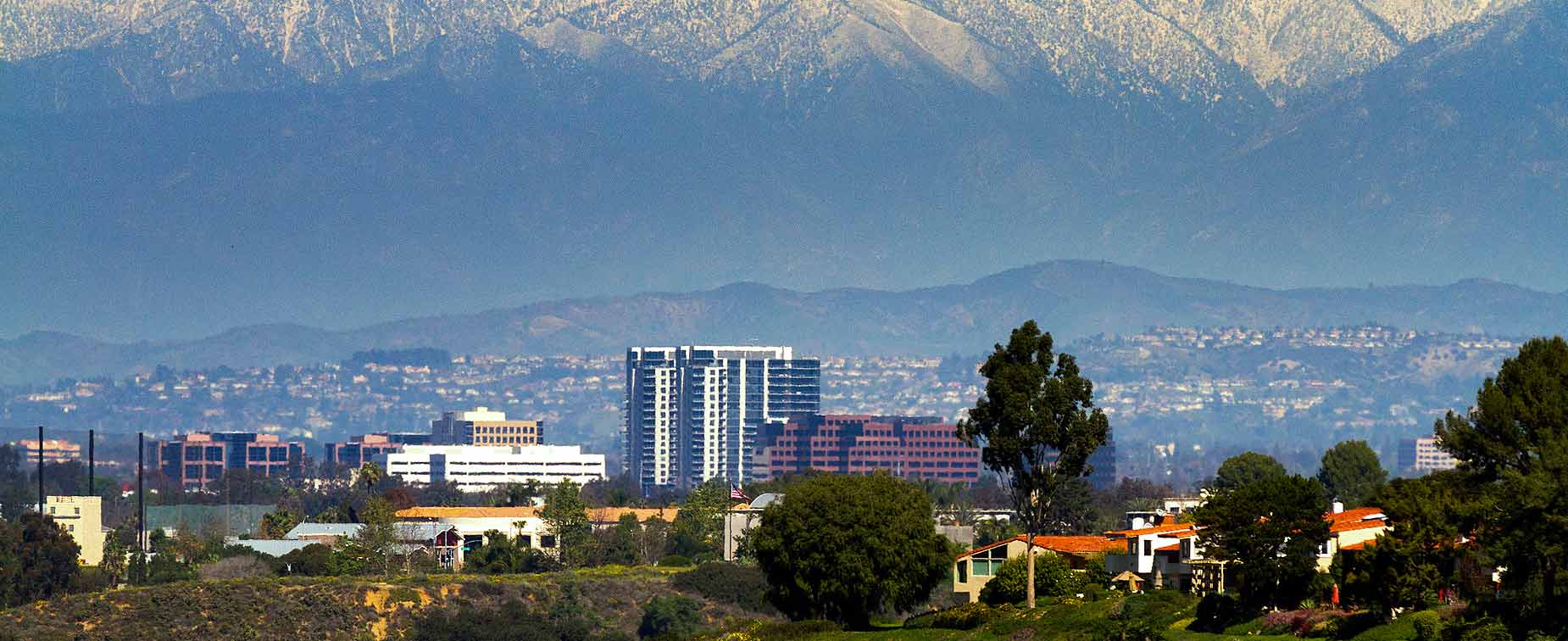US IMMIGRATION INTERVIEW PART 2: PRACTICAL TIPS FOR U.S. VISA INTERVIEW AT THE CONSULAR OFFICE
The Department of State (D0S), through its numerous U.S. Embassies or U.S. Consulate Offices around the world, regularly conducts US Visa interviews to thousands of immigrant and non-immigrant visa applicants.
Unlike Adjustment Interviews administered by the United States Citizenship and Immigration Services (USCIS), however, lawyers are not allowed to represent applicants at the Embassy or Consular level because the questions asked at the US Visa Interviews are factual rather than legal.
Mindful of the absence of legal representation, 9 Foreign Affairs Manual (FAM) 41.012.N2.1, mandates the consular officers to “make every effort to conduct visa interviews in a fair manner” and that they must employ “their best interviewing techniques to elicit pertinent information in order to assess the qualifications for the visa and identify any potential security concerns”. Despite this policy pronouncement, there is still great risk that consular officer would rule on the bases of his/her subjective and personal perception of the facts at hand. Worse, these consular officers are burdened with so much workload due to the sheer number of applicants in each Consular Office and thus afforded only little time to interview most applicants so they can move on to the next and complete their target number of interviews for the day. This necessarily means that the applicants also have little time to plead their respective cases. What is even more disturbing and quite an adverse factor against all applicants, is that the decisions of the Consular Officer are often non-reviewable by the courts and no Executive Branch official can overrule its decision as the consular officer (known as “consular nonreviewability”). Thus, it is imperative that applicants should prepare for their Visa Interview very well to increase the chances of securing a visa.
As expressed above, the Visa Interviews could refer to various types of immigrant visa (Green Card) or non-immigrant visa such as Visitor or Tourist Visa (B1/B2 Visa), Student Visa (F1 Visa), Fiance (K1 Visa), H1B working Visa and other less known non-immigrant visas category under the Immigration and Nationality Act (INA). The notoriously difficult and challenging Visa Interview is that for Visitor or Tourist Visa because only about 5% of the total number of applications are approved. Most of them are denied for various reasons and it is our intention to make special reference to Visitor or Tourist Visa in the hope of increasing your chances of getting that seemingly elusive type of Visa. If relevant, we will also make mention other types of immigrant or non-immigrant visa.
There is no room for complacency mindful that you are on your own without any legal assistance during the interview. Also, you have only a few minutes to plead your case and you might always perform at your best! You will easily realize the value numbers 2 and 3 tips below, if you are not complacent. Always remember that the opposite of success is not failure but “complacency” especially in Visa Interviews. There is no substitute for preparation because that will instill confidence in you. Believe me.
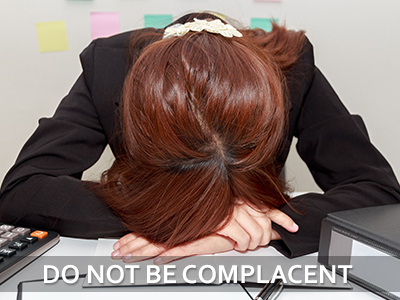
You can actually Google sample Visa Interview questions, study and practice truthful answers very well. These questions appear very basic but can create problems if answered in the wrong fashion. Consular officers try to bait you to answer hypothetical questions such as, “What if an employer offers you a stable and high-paying job in the U.S. will you accept it?”; “What if a U.S. Citizen proposes marriage to you, will you readily accept it?”; “What if you someone offers you a business partnership in the U.S.?”. If you answered “Yes” to any of those questions, your Visitor or Tourist visa application will surely be denied. Your application for Visitor or Tourist Visa will be denied outright under Section 214 (b) of the INA for having “immigrant intent” because your sole purpose must only be to make a temporary visit to the U.S., friends and relatives in the U.S. with no intention whatsoever to migrate by getting married, do business or work or engaged in any activity that will require you to stay rather than visit the U.S. I would not even recommend that you answer, “I am not sure”. Might as well answer “No, I intend to come back home after my scheduled trip.” If you are a Student Visa (F1 Visa) applicant, make sure you have sufficient information on your ability to support yourself in the U.S. as a student, where you are going to live, the school you are about to attend, the course you are taking, your schedule and duration of the program. If you are applying for H1B Working Visa, you must know your Company’s name and other information, the authorized person the Consular Officer can call for verification and the time of availability of such call, your position, your salary, job description and other details about your job. For Fiance Visa (K1 Visa) and other family-based immigrant petitions, the questions will be mostly about your relationship with the Petitioner, the latter’s ability to support you and other relevant matters. Employment-based immigrant visa petitions questions will be confined more also on the Employer’s ability to pay, the qualification of the applicant or beneficiary, his/her job position and description, salary and etc.
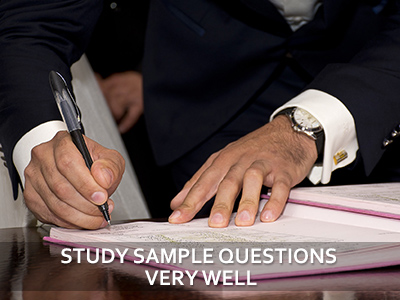
Consular Officers will surely ask you certain information about your Petitioner may have provided in the USCIS Forms as well as the information you indicated in your DS-260, (Immigrant Visa Electronic Application Form) or the DS-160 (Online Nonimmigrant Visa Form). You are expected to know you all these information. For those who are applying an immigrant visa, make sure you can show your Petitioner’s ability to support you by presenting the Affidavit of Support, the updated Employment Certification or Audited Financial Statement of the Petitioner, as the case maybe. If the Consular Officer asks you about certain relatives abroad, just answer in the most honest way possible. Just say, “I do not know” their status if you are unsure of the actual status of a relative in the U.S. If you cannot recall an information, say, “I do not recall”. Never guess.
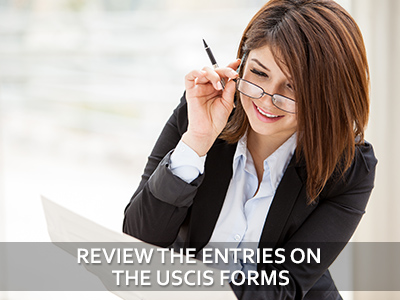
Arriving way earlier will acclimatize you with the relatively hostile and stressful environment not to mention that you will often experience a long queue that could take an hour or more before you will be allowed to enter the U.S. Embassy or Consulate Office. You would not want to arrive late for the interview because chances are you will be rescheduled if your name is called and you do not show up—causing further delay and if ever you are allowed to proceed with your interview, you will not have time to settle down and will be in a panic mode throughout.

The worst thing that can possibly happen is when you have queued for several hours only to be denied entry simply because you forgot to bring certain important documents. Make sure you have all the necessary documents that will allow you to gain access to the Consulate Office on the day of the interview. For Visitor or Tourist Visa bring your passport, confirmation page of online submission, Visa Fee Receipt and Appointment Letter. For other visa categories that might require Medical Examination, make sure to make the necessary arrangement with the designated Medical Clinic about two (2) weeks in advance of the interview date so that the Medical Officers will have enough time to send the Medical Examination Result to the Consular Officer before the interview date. Upon completion of the Medical Examination, the medical officers will issue a document that will serve as your ticket to have your interview at the scheduled date and time. Make sure to go the website of the U.S. Embassy or Consulate Office concerned so you can review what needs to be in your possession so you can be allowed to enter the premises.
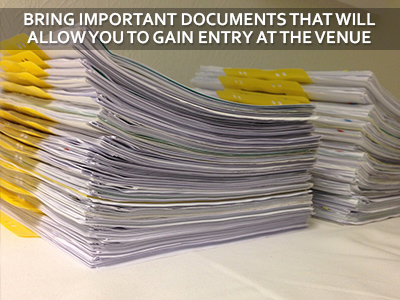
Upon approval of your case, the USCIS will send the records to the National Visa Center (NVC). The NVC will then require the Petitioner to pay certain fees and be required also to submit photocopies of civil documents but you are expected to bring the ORIGINAL copies during the interview at the consular level. Make sure they are well-organized ideally in a binder and properly tabbed for ready access. The Consular Officer does not like to see you frantically searching for a piece of documents and waste time even more by waiting for you to finally hand it over to her! Worse, it might irritate the Consular Officer and delay your case if you forgot to bring it! For Visitor or Tourist’s Visa applicant, do not forget to bring the original documents that will sufficiently demonstrate your strong financial, familial, professional and economic ties to your home country that will compel you to return after your visit in the U.S. These documents are, but not limited to, Bank Statements for the last 3 months, Employment Certification showing salary, position and tenure, Latest Income Tax Return or audited financial statement, Pay stubs for last 3 months, Credit Statement last 3 months, Land Titles, Vehicle Registration, Pictures of family and relatives, Wedding Photos, Marriage Certificate, Birth Certificate of Children, Certification of Membership with organizations and etc. Please take note that due to lack of material time to interview all visa applicants in one day, most Consular Officer would not even bother to check or read the foregoing supporting documents but will usually ask questions based mainly on what is stated on your DS-260 or DS-160 and other related questions. At any rate, it pays to be prepared all the time and be ready to present pertinent original documents simultaneously with your narrative or answers so that you will sound credible all the time.
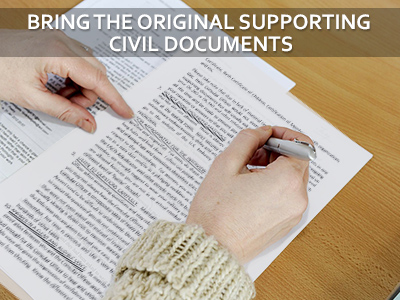
Guns, Swiss knives, cutters, lighters, blades and the like are not allowed. There is always a security check at the entrance and another one at the waiting room. Strict security measures are enforced and you do not need unnecessary embarrassment, delay and attention on your way to the interview. You can go to the website of the U.S. Embassy or Consulate Office to know the security restrictions.
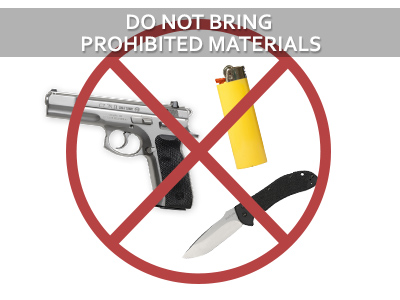
Wear a business attire so you will look dignified and respectful. For men, do shave and comb your hair—better still, trim your long hairs and look clean. I often see people wearing shorts, plain T-shirt, unshaved face and unkempt hair and sometimes sleeveless shirt. They are an eyesore and shows lack of respect to the proceedings. For women, you are not there to show how attractive you are in a mini skirt and/or in a plunging neckline as they could distract or possibly annoy the USCIS Adjudicator and other people inside the building. If you are an active military member, we strongly suggest to wear your military uniform but remember, no firearms are allowed because you are not in an actual combat zone. Well, you are actually in a different kind of “battle” though!
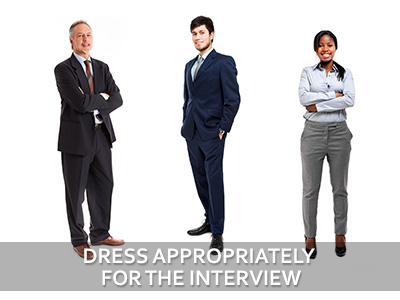
Maintain an EYE TO CONTACT with the Consular Officer when answering questions and stay relaxed and focused. It is often expected that you may not always hear the Consular Officers questions because you stand or sit and the Consular Officer is on opposite sides of heavy bullet-proof glass. Sometimes, the American Accent tend to be difficult to understand. Do not hesitate to request the Consular Officer to repeat the question if you do not understand fully because you might be giving answers that were not even asked and instead of trying to conclude the interview earlier, you are actually slowing it down not to mention wasting the time of the Consular Officer. With the little time you are given to plead your case, you cannot afford to waste your time too! Remember, her time is precious and she is very busy handling and about to interview hundreds of other cases.

As mentioned above, there is a thick bullet-proof glass between you and the Consular Officer and you need to speak clearly and quite loud enough for the Consular Officer to hear and understand your answers. A clear and audible voice also gives the impression of confidence on your part. Well, saying it out loud is different from shouting. Know the difference!

When the question is answerable by a “yes” or “no”, do not try to explain because in the course of doing so, you might make your case complicated even more. Remember, less talk, less mistakes and inconsistencies.
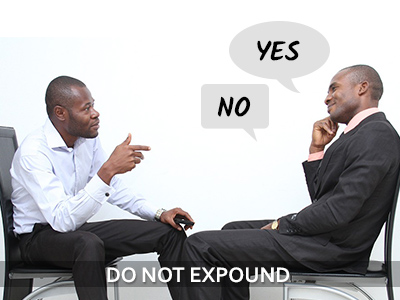
As mentioned above, the Consular Officer does not usually have enough time to go over your documents but will ask questions mainly from what you stated in your DS-260 or DS-160, as the case maybe. Thus, it is advisable to retain a copy of the filed DS-260 and DS-160 and review it carefully. However, should you be given the opportunity to answer questions and narrate facts that can be supported by documentary evidence, make sure to grab that rare chance. Your narration of certain facts will sound very credible every time you simultaneously put forth pictures and documents supportive of such facts. Make occasional reference to such other pictures and documents that can further support any other material facts.
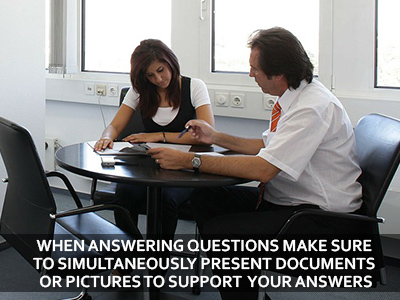
Have the mindset that you are applying for a job. Be polite. Always smile and greet the Consular Officer at the first instance you have eye contact. You will not get the job if you act nervous, distrustful, utter lack of confidence, hands are shaking and voice cracking. Most of all, do not be argumentative if the Consular Officer disagrees with what you just said. Just explain in a calm fashion without raising your voice. Do not show any negative emotions when you do not like Consular Officer’s questions or they tend to be suspicious and insulting. Be modest and acknowledge the Consular Officer’s authority to decide your case fairly. Should your visa application be denied, do not show any emotions at all because any expression of anger, hate or frustration might meet with a future visa refusal in virtually all instances.

When a lie is discovered, it is enough to create doubt in all your otherwise truthful answers. You will no longer gain the trust of the Consular Officer and any attempt to reverse that mindset is an exercise in futility. More importantly, when you are honest about your answers and submitted authentic supporting documents you will afford yourself a definite psychological advantage already. You have nothing to hide, right? With that mindset together with adequate preparation mentioned above, you will feel confident, comfortable and less nervous throughout the interview. When you are not sure of your answer, do not guess and be humble and honest enough to say, “I do not know” or “I do not recall”. If you have something irregular or seemingly suspicious about your case, it is way better to be honest and explain what really than try to conceal such fact. In conclusion, US Visa Interview is the last opportunity to present your case before the Consular Officer who usually does not have time to go over your documents and which means you also do not have enough time to present a good case to increase your chance of a visa approval. Thus, with that few minutes of opportunity you need to prepare very well and get organized with the answers you intend to give to the Consular Officer that will leave a positive impact before the decision is rendered. Remember, the decision is done shortly after the interview and you must cater to all possible doubts and leave no questions in the mind of the Consular Officer unanswered. Always be honest with your answers and never ever try to test the ability of the Consular Officer to detect fabricated or fraudulent documents. The U.S government has maintained and has technologically upgraded its ability to verify certain vital information and authenticity of important documents. You may hear anecdotes that some people were able to get away with it but always remember that these stories belong to the past and you have no idea how much the U.S. government has improved in detecting the same fraudulent scheme when it is your time to be interviewed. Do everything you can to prepare yourself for a tough and grueling interview. Do not be complacent. If you happen to chance upon a Consular Officer who is so nice and gave you an easy time, well and good and consider it a huge blessing. But if you come across with a Consular Officer who has the habit of conducting very difficult and stressful interview, you can only pat yourself in the back because you have come to achieve your goals and chances are, you will get that seemingly elusive Visa!
I know US Immigration Laws may be very hard to understand and maybe you got confused after reading this article; that you demand immediate answers. So I’m giving you a chance to directly talk to a US Immigration Lawyer, California. I encourage you to inquire from our free consultation page here -> US Immigration Services.
If you’re looking for US Immigration Services, Ponferrada Law Offices – attorneyhelpsyou.com offers excellent, quick and quality legal services with fast communication at the least possible cost.
